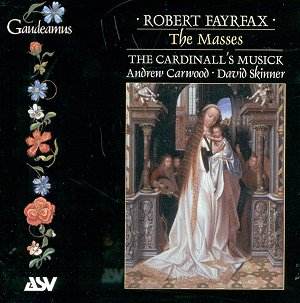 Composer: Jean Sibelius
Composer: Jean Sibelius
Works: Four Lemminkäinen Legends (1895), Pohjola’s Daughter (1906), The Bard (1913)
Performers: London Symphony Orchestra, Colin Davis (conductor)
Recording: 17-19 January 2000, Watford Colosseum, Watford, UK
Label: RCA BMG 74321 68945 2
Jean Sibelius stands as a pillar of Nordic nationalism in classical music, his works steeped in the mythology and landscapes of Finland. The three pieces presented in this recording—Four Lemminkäinen Legends, Pohjola’s Daughter, and The Bard—demonstrate Sibelius’s ability to weave narrative and emotion into his orchestral canvases. The Lemminkäinen cycle, in particular, reflects a rich tapestry of mythological storytelling, drawing from the Finnish epic “Kalevala” and showcasing Sibelius’s distinct voice through lush harmonies and evocative orchestration. As we delve into this recording, one must consider how Colin Davis interprets Sibelius’s intricate musical language.
In the Lemminkäinen Legends, Davis adopts a softer approach, favoring warmth and lyrical expression over the more vigorous interpretations that have characterized other noteworthy recordings, such as Ormandy’s celebrated EMI version. This choice, while creating a lush soundscape, at times sacrifices the vigorous energy that propels the narrative forward. The opening piece, “Lemminkäinen and the Maidens of the Island,” struggles to capture the vibrant pulse of youth and adventure inherent in the music; instead, it languidly drifts, perhaps too comfortably, in the warmer acoustics of the Watford Colosseum. The ensuing “Lemminkäinen’s Return” sees a slight uptick in energy, yet remains ensconced in a plush sound that lacks the driving force evident in more assertive renditions.
The standout track, “The Swan of Tuonela,” benefits from Davis’s ability to conjure atmosphere. The haunting English horn solo, beautifully rendered, floats above the shimmering strings, evoking a sense of otherworldliness. However, this ethereal quality is accompanied by a lack of tension; the performance feels as if it is resisting the more dramatic emotional peaks that other recordings, like Mravinsky’s with the Leningrad Philharmonic, capture with such fervor. The orchestral execution is undeniably polished, yet there is a palpable yearning for a more dynamic interpretation that would elevate the music’s inherent drama.
Turning to Pohjola’s Daughter and The Bard, Davis maintains a consistent interpretive style that prioritizes nuance over sheer excitement. While these pieces are indeed performed with a satisfying sense of character, they fall short of the galvanizing spark that marks Horst Stein’s celebrated 1972 recording with the Suisse Romande Orchestra. The lush orchestration in both works is handled gracefully, yet one is left wanting for the more vigorous contrasts that bring out the full emotional spectrum of Sibelius’s writing.
Sound quality is commendable, though it leans into the warmth of the Colosseum’s acoustic space, at times blurring the sharper edges that define Sibelius’s orchestral textures. The engineering is articulate, allowing the listener to appreciate the intricate woodwind lines and the rich string harmonies, but the overall sonic landscape can feel overly smooth, favoring comfort over the thrill of sharper dynamics.
This recording ultimately presents a carefully rendered interpretation of Sibelius, which, while showcasing the beauty of the orchestral palette, lacks the necessary vigor and dramatic tension found in the finest performances of these works. The warmth and lyrical beauty of Davis’s reading may appeal to those seeking a contemplative experience, but in the competitive landscape of Sibelius interpretations, this disc does not quite rise to the occasion. The listener is left with a satisfying, if somewhat subdued, exploration of Sibelius’s mythological world, but one that lacks the elemental spark which makes these works truly resonate.



